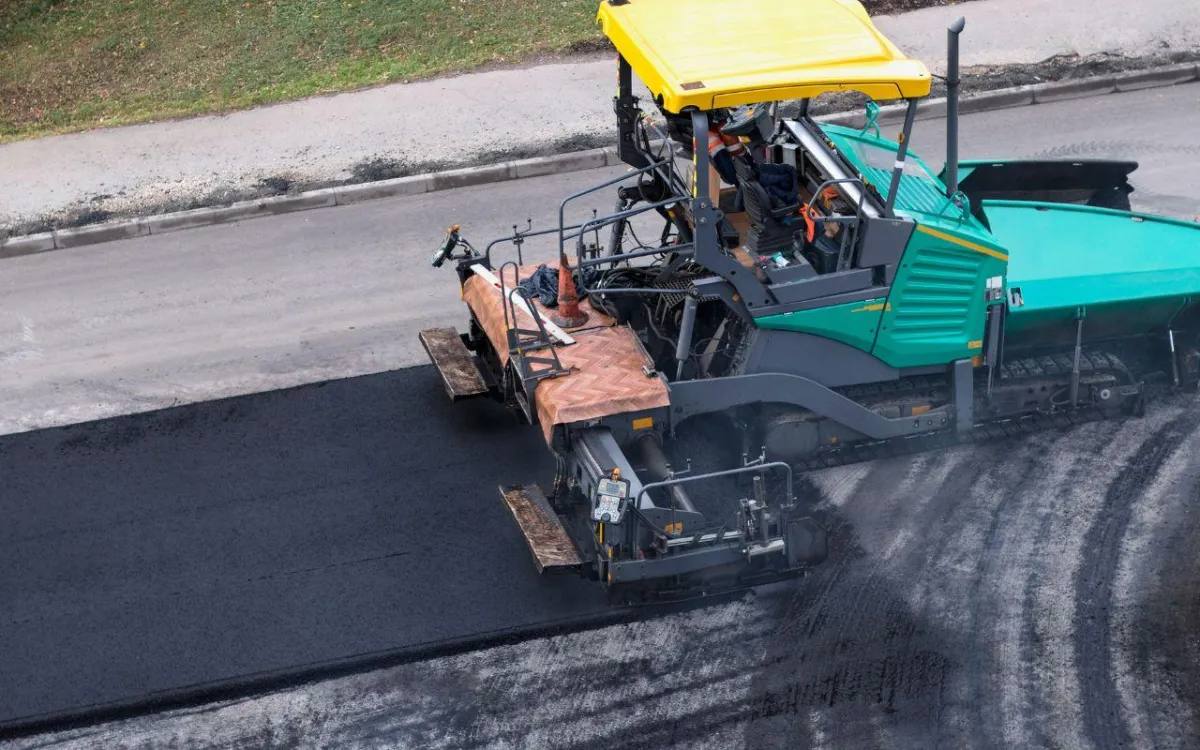
Best Practices for Asphalt Maintenance
Implementing the best practices for asphalt maintenance is essential for keeping your commercial property safe and visually appealing. Regular maintenance not only improves the longevity of the asphalt but also reduces the need for costly repairs. In this post, we will explore the most effective strategies for maintaining your asphalt and preventing damage.
Routine Asphalt Inspections and Assessments
One fundamental practice in asphalt maintenance is conducting regular inspections. By assessing the condition of your asphalt, you can identify small issues before they turn into major repairs.
How Often Should You Inspect?
Routine inspections should be scheduled at least once a quarter for commercial properties, especially those experiencing heavy traffic. Inspections help identify cracks, pooling water, and fading early, which can prevent long-term damage.
● Quarterly inspections for high-traffic areas.
● Focus on areas with visible wear or drainage problems.
Tools for Asphalt Assessment
Using proper tools, such as crack width gauges and moisture meters, can give you more accurate data on the condition of your asphalt. Professionals often use these tools to detect hidden damage.
● Moisture meters to detect water damage.
● Crack width gauges to measure crack progression.
Preventative Measures for Long-Lasting Asphalt
Preventative maintenance helps keep your asphalt in top condition by reducing the likelihood of major damage. Applying certain treatments and repairs early can save time and money.
Sealcoating for Surface Protection

Sealcoating your asphalt every 2-3 years creates a protective layer that shields it from water, UV rays, and chemicals. This extends the lifespan of your asphalt and prevents common issues like cracks and potholes.
● Apply sealcoating regularly to prevent surface wear.
● Use professional-grade sealant for maximum protection.
Crack Filling and Pothole Patching

Even small cracks can become major issues if left unattended. To prevent more extensive damage, regular crack filling and pothole patching should be part of your maintenance routine.
● Monitor and fill cracks as part of scheduled maintenance.
● Patch potholes immediately to prevent worsening damage.
Partnering with Professional Asphalt Services
While in-house maintenance can handle minor tasks, partnering with professionals ensures that your asphalt receives expert care. Professionals can conduct thorough inspections, apply high-quality materials, and offer customized maintenance plans.
Customized Maintenance Programs
Every commercial property has different needs. A customized maintenance program based on traffic volume, climate, and other factors will ensure that your asphalt gets the right level of care.
● Work with professionals to develop a tailored maintenance plan.
● Schedule routine professional inspections for comprehensive care.
Resurfacing for Long-Term Results
When regular maintenance isn’t enough, resurfacing is a more extensive repair option that restores the integrity of your asphalt. It involves removing the top layer and replacing it with new asphalt, giving the surface a fresh start.
● Resurfacing can extend asphalt life by up to 15 years.
● Ideal for commercial properties with heavy traffic.
Implement Best Practices Today for Long-Lasting Asphalt Performance
Following these best practices for asphalt maintenance ensures that your commercial property remains in top shape, reducing repair costs and increasing the surface’s longevity. Contact us today to learn more about how our expert asphalt services can help you implement these best practices for long-lasting results.